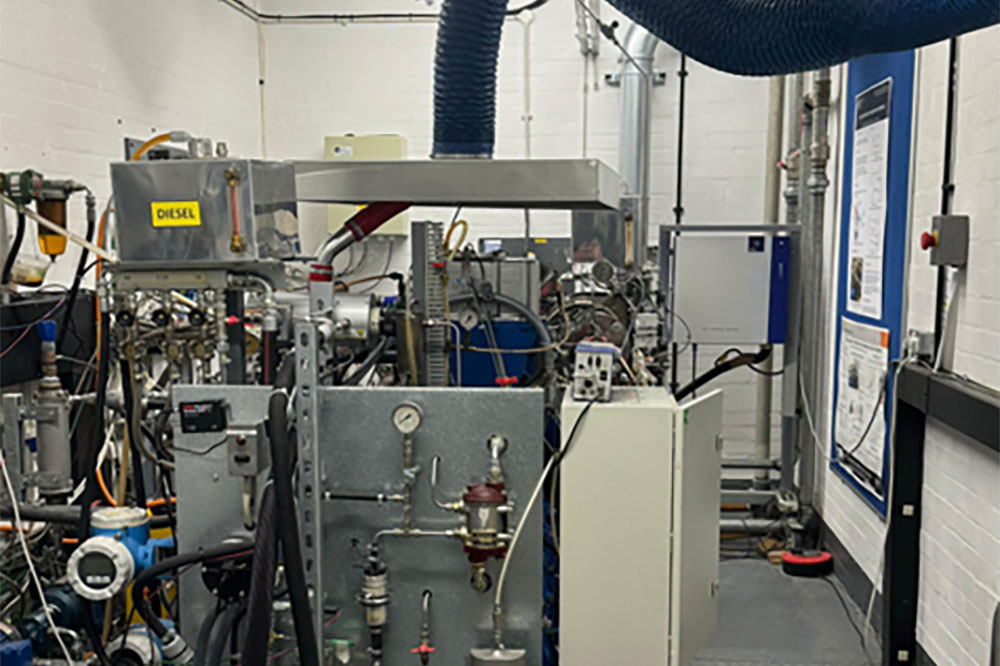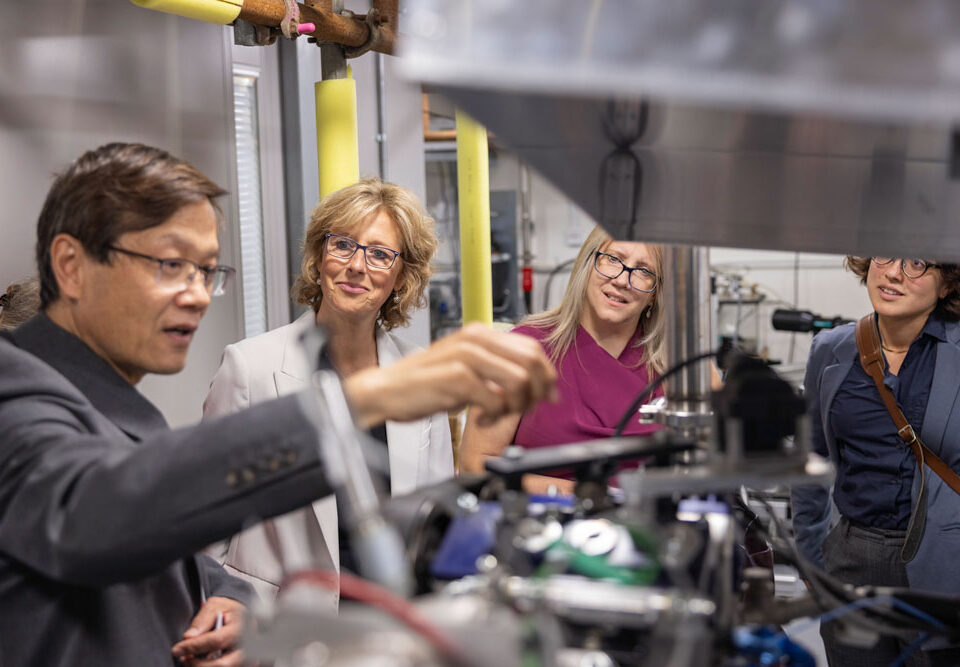Scientists have secured more than £1 million in funding to turn seawater into fuel to power ships, ferries and fishing boats.
Researchers at Brunel University of London and Genuine H2 will split seawater into hydrogen, store it safely on-board ships and boats and burn it to power engines emitting only steam.
Overview
Led by Brunel’s Centre for Powertrain and Fuels and start-up Genuine H2, the project is Britain’s first all-in-one hydrogen maritime demonstrator. It splits hydrogen directly from seawater, then stores it safely at room temperature and pressure, without pressurised tanks or super-cold systems needed normally.
“Water will be turned into power,” said Professor Xinyan Wang, Brunel University of London. “We take seawater, split it using renewable electricity to make hydrogen gas, store it onboard as a molecular solid, then burn it in an engine instead of diesel, with no CO₂.”
Partnerships
Backed by £1.44 million from the Department for Transport’s UK SHORE initiative and Innovate UK, the project is part of a £30 million push to decarbonise British shipping and sea travel. The goal is to take diesel out of ferries, trawlers and workboats where batteries are impractical.
For the first time, these lab-scale inventions will be built up in Britain, in partnership with Genuine H2 and the Centre for Process Innovation (CPI), which will show they can be manufactured at scale using UK supply chains.
The Challenge
The result is a new hydrogen engine system built on two clever innovations. There are electrodes that can split hydrogen straight out of seawater, cutting out the need for costly desalination. And a thinner-than-paper ‘nano film’ that locks the hydrogen away safely in an unpressurised solid form at room temperature, without freezing it at minus 250°C in heavy giant pressurised tanks.
Together these breakthroughs promise a safe, compact, ready-to-use seaworthy fuel supply that can potentially fuel fishing fleets, coastal ferries, tug boats and other harbour service vessels.
Research
Codenamed GH2DEM, the project will be the first test of Brunel’s heavy-duty hydrogen combustion engine, soon to be installed on campus. It will be powered entirely by Genuine H2’s electrolyser and storage system, creating a full hydrogen chain—from seawater, to storage, to propulsion.
“Brunel has been active in research and development of next generation hydrogen combustion engines,” said Professor Wang at Brunel’s Centre for Advanced Powertrain and Fuels. “By working with leading research partners in the hydrogen production and storage, this project moves further to demonstrate a complete solution for marine propulsion from renewable energy via seawater to engine propulsion for marine vessels.”
Impact
The whole process is circular. As well as clean fuel, it produces pure water that can be reused or safely poured back into the sea.
Testing has just begun on land, with the demonstrator running until March 2026.



